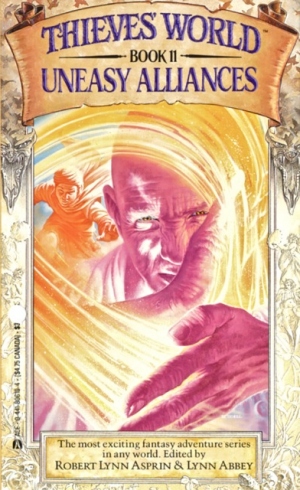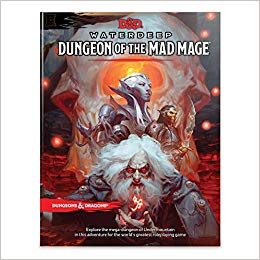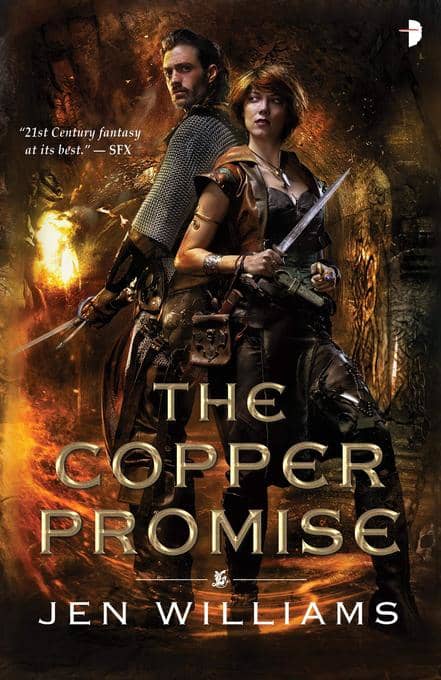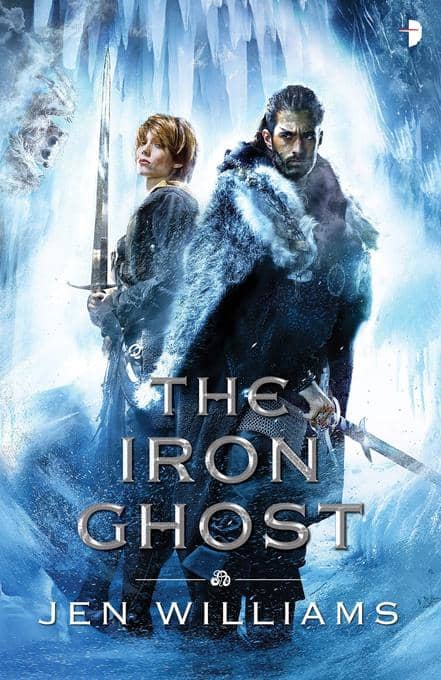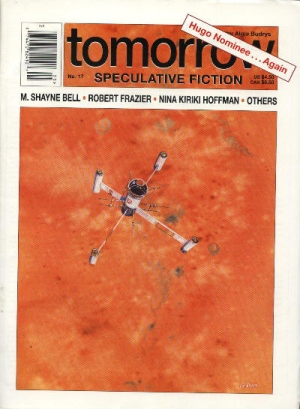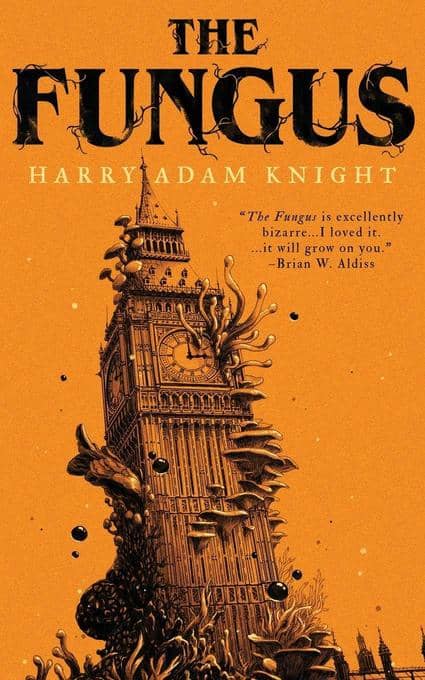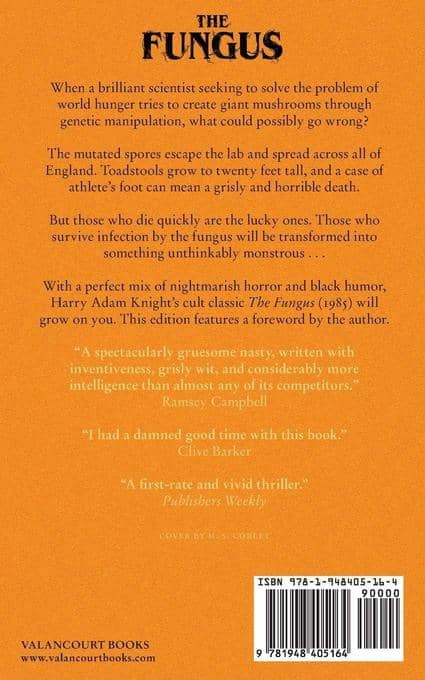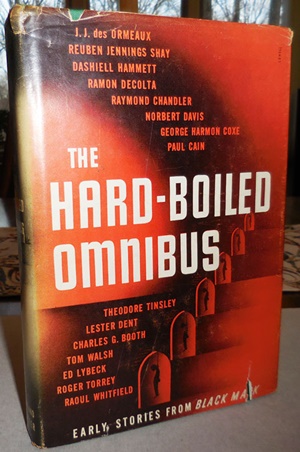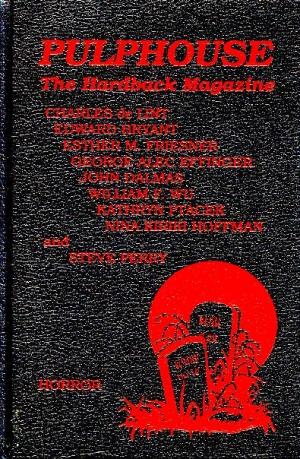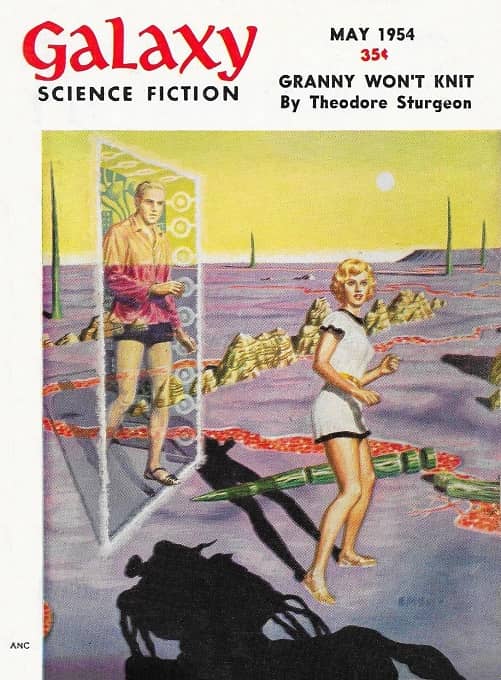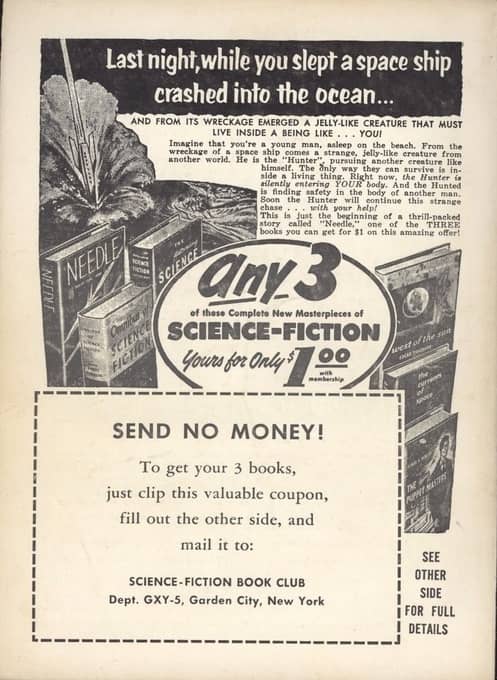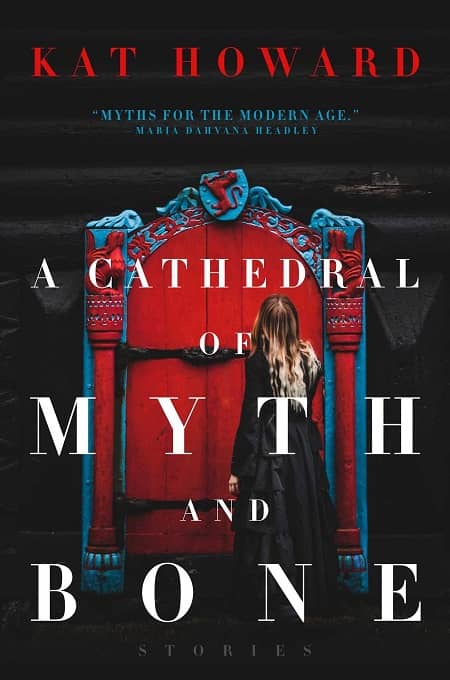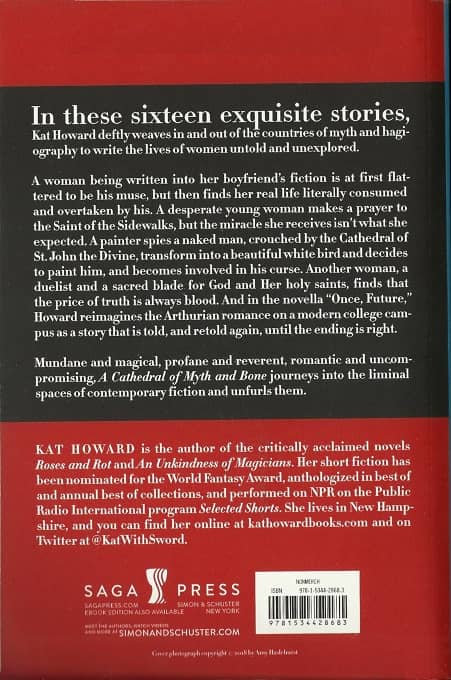Canco Charlie
I used to live in the pleasant village of Fairport, NY, a short walk from the Erie Canal, by which inland Fairport got its name. A reminder of those industrial days could be found about a mile east along the canal in a long four-story factory owned by the American Can Company. Canco, as locals called it, had been formed in 1901 as one of the 300+ trusts that gobbled up every industry in America into impregnable monopolies. The tin-plate trust was never as famous as Rockefeller’s Standard Oil or Carnegie’s United States Steel yet played just as critical a part in the average household. Canned foods were another hot new technology, because a new method of sealing the cans without solder had just been perfected by the well-named Sanitary Can Company, which ran their experiments in Fairport. After a steep learning curve, leading to many bulging botulistic cans quietly being dumped in the canal, Sanitary perfected the means of crimping can tops on to the body, made of corrosion resistant tinplate steel, the familiar tin can of today. American Can swallowed Sanitary Can in 1908.
World War II changed everything, including food. Millions of young families fled cities for the open spaces of the suburbs and their increasingly gigantic supermarkets, filled with endless aisles of canned foods. Those promised ease from the hours of cooking known by their mothers. Poppy Cannon, author of the Can-Opener Cookbook, apotheosized the tool as “the open sesame to freedom . . . from tedium, space, work, and your own inexperience.”

